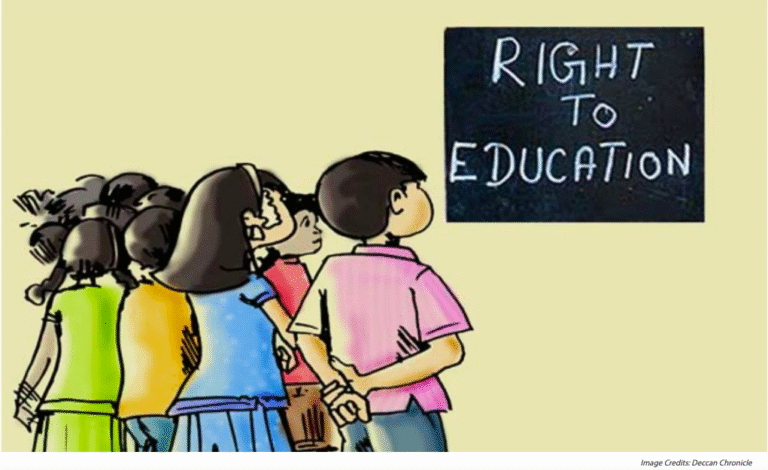In a notification issued on Monday, the Board also announced that the syllabus for the year will be rationalised on the lines of what was done in the last academic year, when the syllabus was reduced by 30%. The rationalised syllabus will be split in half across the two terms.
The Central Board of Secondary Education (CBSE) has come out with a plan for Class 10 and 12 Board exams for the academic year 2021-2022. Instead of one Board exam at the end of the year, the academic session has been bifurcated into two terms, with the Board conducting exams at the end of each.
In a notification issued on Monday, the Board also announced that the syllabus for the year will be rationalised on the lines of what was done in the last academic year when the syllabus was reduced by 30%. The rationalised syllabus will be split in half across the two terms.
The term I exams are to be held in November-December 2021 and will have Multiple Choice Questions (MCQ) covering only the first half of the rationalised syllabus. These exams will be of 90-minute duration. The Board will send the question papers and the marking schemes to schools, which will conduct the exams under the supervision of external examiners and observers, and send the results to the Board.
Term II exams are to be held in March-April 2022 at exam centres fixed by the Board. These exams will be two-hour-long papers with questions in different formats, but “in case the situation is not conducive for normal descriptive examinations”, Term II exams too will be in the form of 90-minute MCQ papers.
While the results of both the term-end exams will contribute to the final overall score, the Board has created a basket of four options depending on the Covid situation.
The four scenarios:
1) If both the term-end exams can be held at the centres, theory marks will be distributed evenly between both exams.
2) If schools have to be closed at the time of Term I exams and students have to write the exams online or offline from their homes, but Term II exams can be held at the centres, “the weightage of [Term I] exam for the final score would be reduced, and weightage of Term II exams will be increased for declaration of final result”.
3) If it is the other way around — Term I exams are held in school, but Term II exams can’t be held at the centre and students take it online or offline — “results would be based on the performance of students on Term I MCQ-based examination and internal assessments. The weightage of marks of Term I examination… will be increased to provide year-end results”.
4) If neither of the exams can be held at schools or centres, the results will be computed on the basis of internal assessments and practicals, and theory marks of Term I and II exams taken by the students from home “subject to the moderation or other measures to ensure validity and reliability of the assessment”.
For the academic year 2020-2021, the Board had tried to continue with its existing final evaluation system but had to ultimately cancel the exams for both Class 10 and 12 and is currently computing the final results of students based on examinations conducted earlier, practical exams and internal assessments.
In a circular to heads of all CBSE-affiliated schools, Director (Academics) Joseph Emmanuel wrote that the experience of the past year “necessitated deliberations over alternative ways to look at the learning objectives as well as the conduct of the Board Examinations for the academic session 2021-22 in case the situation remains unfeasible”.




